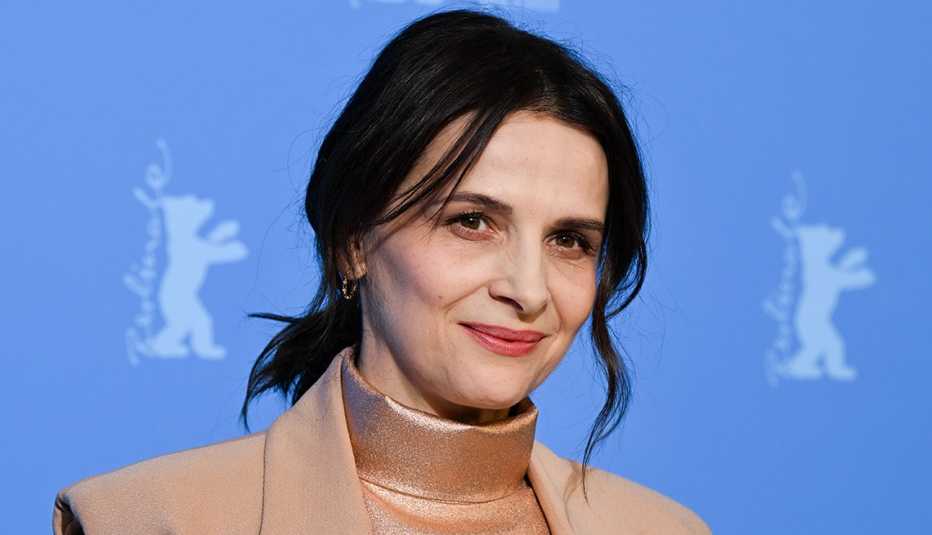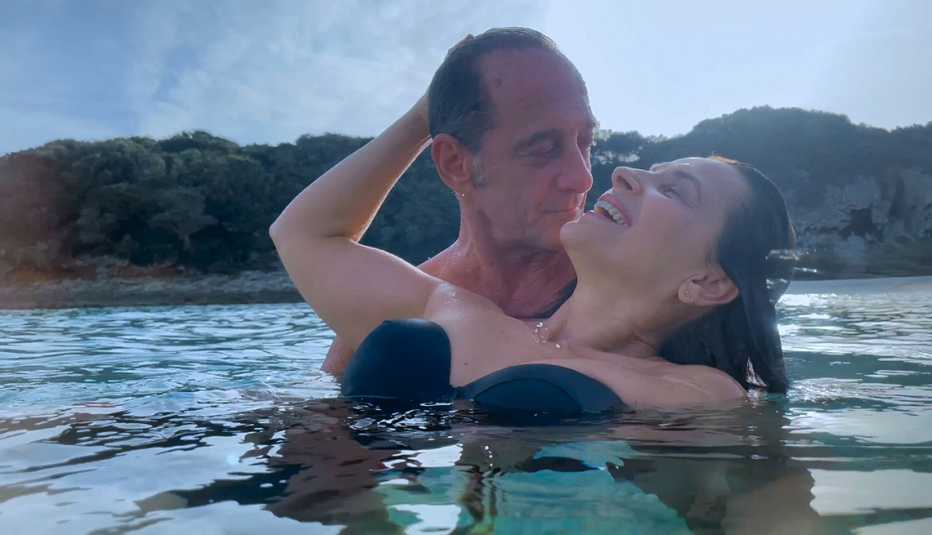Staying Fit


At 58 — 25 years after her Oscar for The English Patient, 12 years after she became the first-ever best actress winner at all three top European film fests (Cannes, Venice and Berlin) — the luminously beautiful Juliette Binoche is having a moment. She played the most intriguingly mysterious character in the fact-based 2022 miniseries The Staircase, the editor of a documentary about accused wife murderer Michael Peterson (played by her fellow Oscar winner Colin Firth), with whom she had a 13-year affair. Now she plays a woman torn in half by forbidden love in Claire Denis’ sensual, heartrending new film, Both Sides of the Blade. Binoche tells AARP about the deeper meanings of her latest triumph.


AARP Membership— $12 for your first year when you sign up for Automatic Renewal
Get instant access to members-only products and hundreds of discounts, a free second membership, and a subscription to AARP the Magazine.
Congratulations! Right after your hit The Staircase, you’ve got Both Sides of the Blade, which won Claire Denis best director at the Berlin fest.
Binoche: I also play a truck driver in Paradise Highway [premiering July 29, with Morgan Freeman as an FBI human-trafficking investigator on her trail]. And I play Coco Chanel in The New Look on Apple TV+ [with Ben Mendelsohn as her archrival, Christian Dior].
In Both Sides of the Blade, you play Sara, who left her lover François (Grégoire Colin) for hunky rugby player Jean (Vincent Lindon) a decade ago. Suddenly, François crashes back into their lives, inflaming the old coals of Sara’s passion. What do you think of her painful choice?
She doesn’t know why her heart is beating like crazy when she sees him again. She thought it was all resolved, because she’s happy in a relationship. She doesn’t want to change anything. But suddenly this past love is coming, and she has to explore it. She’s not going to put her heart in the fridge and say it didn’t exist. She’s a brave woman who is trying to say, “OK, this is so crazy. I don’t want it, but I have to be honest with what I’m feeling.”


































































More on Entertainment
20 Great Date Night Films to Stream Now
Light up the night with these critic-curated classics for every kind of romanticThe Best Jane Austen Heroines Onscreen
The 15 greatest performances in Austen dramas, ranked
Elizabeth McGovern of ‘Downton Abbey’ Is More Like Cora Than You Realize
The American-born star spills the (Earl Grey) tea on her movie